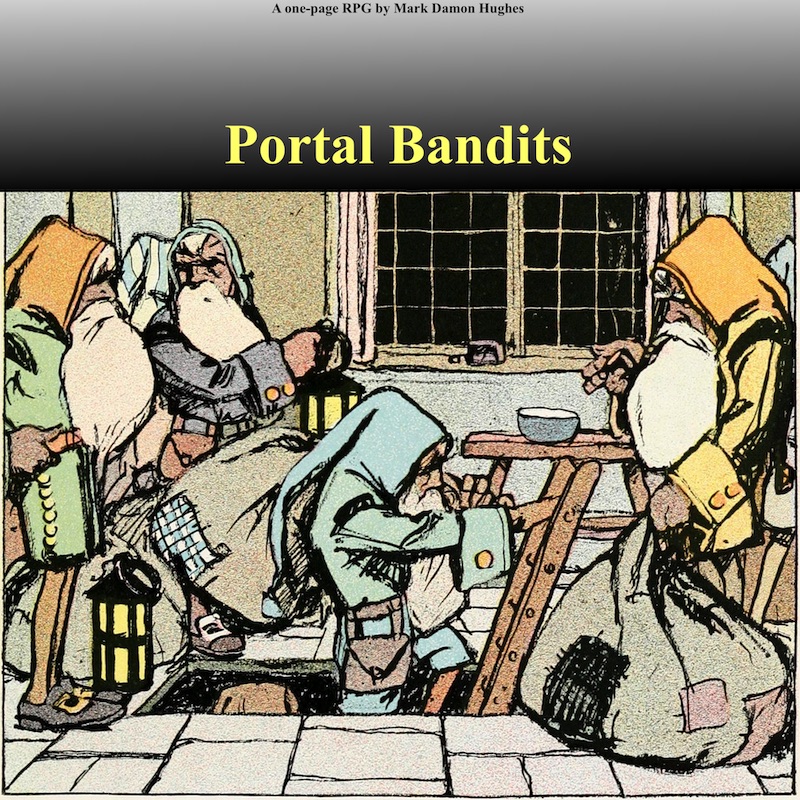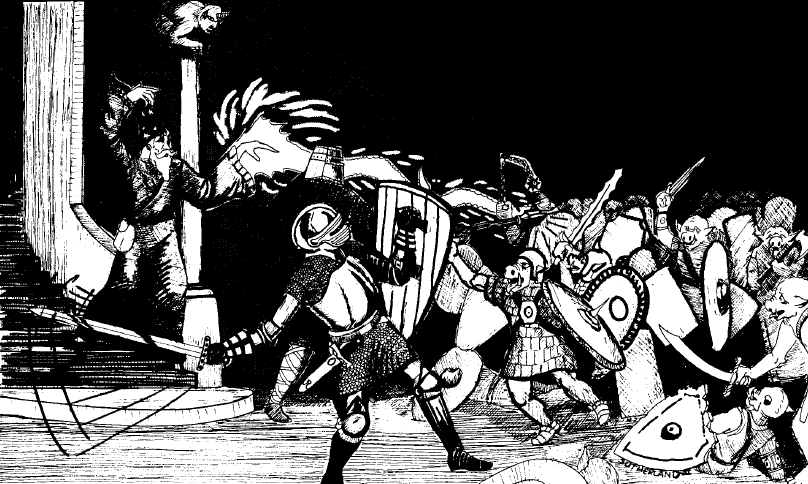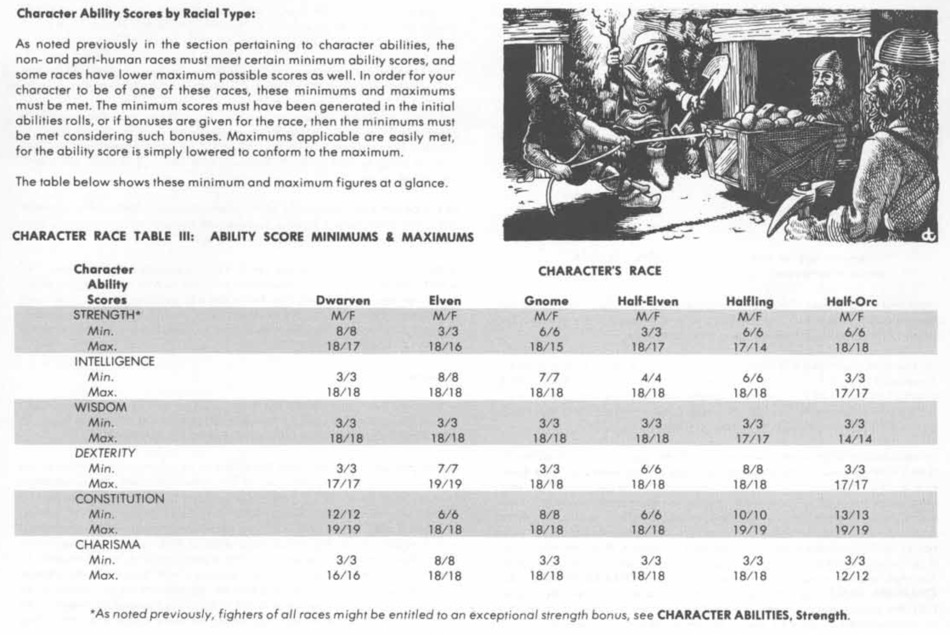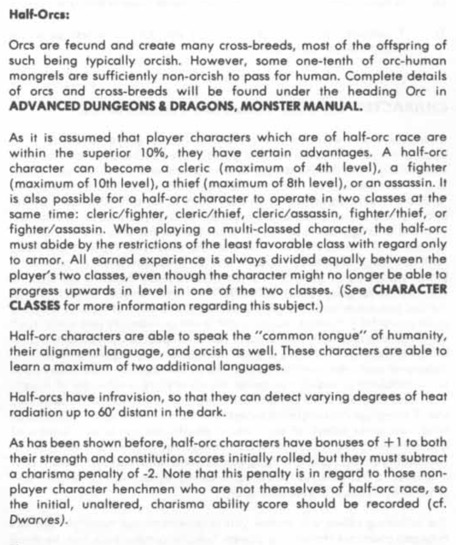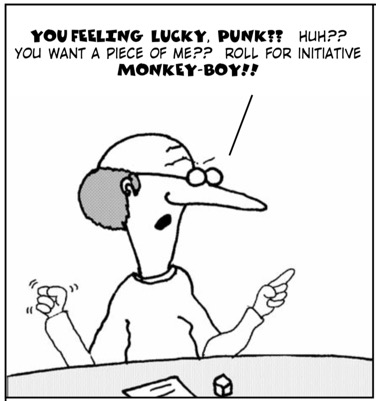I like Steffan O'Sullivan's FUDGE a lot. I've run a lot of pickup games in it for almost 30 years now, and some campaigns. Some people see the very loose rules and "pick whatever you want" as a toolkit that needs work, but it's perfectly valid to run as-is, you don't need to specialize the rules for a setting (other than picking some combat & magic options). That page describes FUDGE as "precursor of FATE", but that's kind of insulting, FATE is FUDGE with all the fun and flexibility stripped out.
But the thing is, FUDGE is free, and I much prefer the 1993 version - PDF archive, 73 pages with the 2d6 table instead of 4dF ("FUDGE dice" marked +1, 0, -1). This version has simpler & clearer core rules, and enough options in the back.
The Skill Resolution Table
Rolled: | 2 | 3 | 4 | 5 | 6, 7, 8 | 9 | 10 | 11 | 12
---------|-----|-----|-----|-----|---------|-----|-----|-----|---
Levels: | -4 | -3 | -2 | -1 | +0 | +1 | +2 | +3 | +4
The 1995 version, 107 pages, is much more exhaustive, and kind of exhausting, with all the options mixed in with the core rules, and it takes away many of the weirder dice/trait ladder options. But if you're picking up "one book", this is a good option, and there's Grey Ghost print copies still floating around.
Both of these are free, and one of the best RPGs made, at least for casual games. I don't think the campaign play in it holds up, you really can't develop attributes and skills much before you become superheroes, perils of a very coarse (few steps) and swingy (vast range of results!) task system.
I haven't seen the 10th Anniversary edition (2003? 2005?), but 320 pages?! Looks from reviews like it has hundreds of pages of setting stuff and special case combat & magic rules that you would normally develop yourself. Still, maybe that's worth the minimum price.
- PSI-PUNK
- HACK-N-SLASH
- THE ORB
- SURVIVAL OF THE ABLE
These all look terrible. I'm very sorry, they must be someone's hard work, but whew, no. I especially do not want to run zombies eating disabled people post-medieval-apocalypse. What is even wrong with you?
The Level Up titles are 50% better:
- THE DERYNI ADVENTURE GAME: Excellent sourcebook for one of my favorite fantasy book series, though the FUDGE adaptation of the powers is… workmanlike. Not ideal for play or simulation of the books, but it's functional. You may just be better off with rereading a few of the novels and Deryni Magic, which is Kurtz's own summary/theory book of their magic. Using the standard 1993 FUDGE Magic rules works fine for Deryni with a few adjustments.
- TERRA INCOGNITA: Sounds from the blurb and the little bit on their site, like "Victorian adventures", and I'm not exactly a fan of colonialist, bigoted English wankers. They aren't "discovering" anything, they're conquering & robbing people who are already there.
- NOW PLAYING: TV shows as a setting? I've done that as a short joke game long ago, but it's not a useful setting.
- THE UNEXPLAINED: Cryptid/supernatural investigation sourcebook. This might be useful, there's really not a lot of good ones; GUMSHOE is all railroaded plots, Conspiracy X is out of print, Delta Green is all guns-guns-guns-cthulhu-guns, Palladium will never finish their Beyond the Supernatural reboot.
The best supplement for FUDGE isn't included: A Magical Medley, which has some more complex magic systems; the African Spirit Magic and Ars Magica Grammarye systems are especially useful. Maybe that's in the 10th Anniversary, but it's probably easier to get that book by itself, a print copy of 1995, and have a fully functional game.
The free rules are better than the cheap bundle. The Level Up bundle might be worth getting for two of the sourcebooks, and you get a 10th Anniversary e-doorstop as a bonus. But you can get a print book for not much more, maybe that's the better plan.
